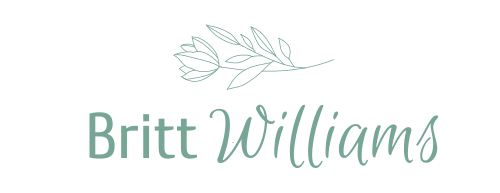How to Make Important Choices That Lead to Growth

I first learned about ‘cognitive dissonance’ in a behavioral psychology class in college. I continued hearing about it more and more in many of my classes. It’s one of the most studied theories in Psychology, and for good reason. Cognitive dissonance is something we experience all the time in so many aspects of our life. Often without even realizing it.

If you’re not familiar, it’s the idea that we experience ‘mental discomfort’ when we have inconsistent or contradictory thoughts, beliefs, and behaviors. This happens when our thoughts or actions clash with our beliefs and values. Experiencing this leads to either a change in belief or a change in action to reduce discomfort and restore balance. It can occur in the simplest of situations to the most impactful ones that change the way we interact with each other and the world.
For instance, if a person learns/knows that one of their habits raises negative health risk they may feel tension between their actions (smoking, drinking, not exercising, etc) and knowing that these actions negatively affect health. They can choose to ease this feeling by discounting health warnings, or reasoning with themselves ‘my life is stressful’, “drinking eases my anxiety”, “I don’t have time to exercise” (justify, rationalize) —or by deciding to change behavior (positive behavioral change). An even simpler example is getting cut off in traffic. You may initially feel upset and annoyed, but then you rationalize. “They must be in a rush to get somewhere” or come to the conclusion “that asshole has road rage.” The other alternative is to question your own driving abilities and figure you must have been driving under the speed limit or not paying attention. This same idea and thinking goes for everything from career choice to personal relationships. Bringing attention to the inconsistencies in our minds, cognitive dissonance can be an opportunity for growth in how we choose to resolve the dissonance that comes with it.

What I like most about cognitive dissonance is that it poses a challenge: How can we resolve the uncomfortable feeling that arises when our own thoughts and actions clash with each other? Being aware of how conflicting beliefs impact the decision-making process is a great way to improve your ability to make the right choices. It’s important to think about how it can lead to coping choices that have negative impacts when we choose to justify our actions or thoughts (not doing something we should or doing something we shouldn’t)…but it can also lead to positive change and growth.
It’s as if we have two minds – one that thinks and one that observes what we think. Basically, what we think becomes who we are, and what we do becomes what we believe I’d say, that’s something to think about🧡
I’d say, that’s something to think about🧡

Xx- Britt















